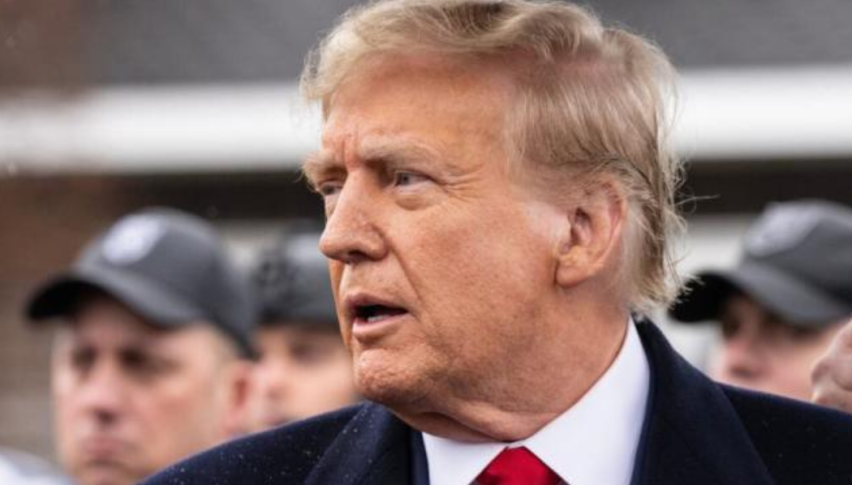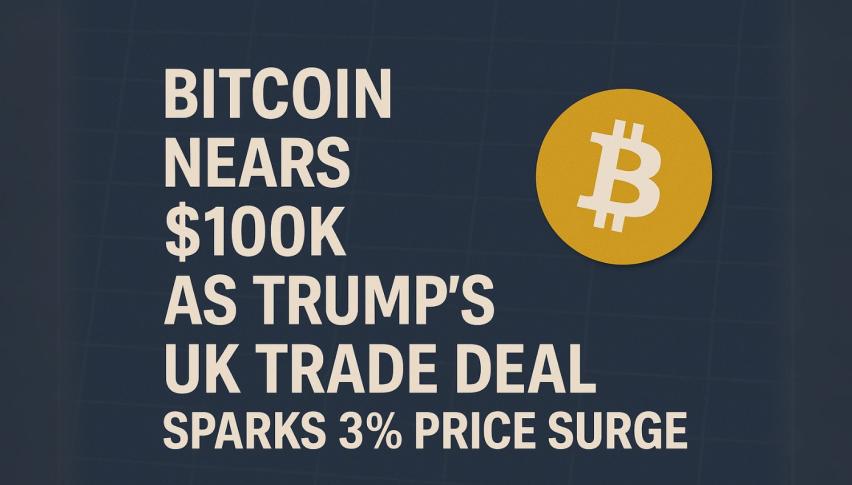Trump’s Bitcoin Briefing Draws $25M from Crypto Leaders: Here’s the Inside Scoop
Before delivering his anticipated keynote at a major conference in Nashville, Donald Trump held a private roundtable with leading figures from the cryptocurrency industry.

Before delivering his anticipated keynote at a major conference in Nashville, Donald Trump held a private roundtable with leading figures from the cryptocurrency industry.

The discussion, aimed at honing his address, drew CEOs from major crypto exchanges and mining companies who have collectively donated tens of millions to his campaign efforts.
The event was a precursor to his public speech where he would outline the potential impacts of his policies on the bitcoin market should he return to office.
Strategic Discussions and Industry Support
In an intimate setting away from the bustling conference activities, Trump engaged with influential players such as the Gemini co-founders Tyler and Cameron Winklevoss, Coinbase’s Chief Legal Officer Paul Grewal, and other notable figures like Cantor Fitzgerald CEO Howard Lutnick.
These industry leaders discussed the future of cryptocurrency under potential renewed Trump administration policies. Noteworthy attendees also included political figures and entertainers, all united by their interest in shaping the future of cryptocurrency.
Fundraising and Future Plans
The roundtable wasn’t just a discussion hub; it also served as a significant fundraising event. Seats at the table went for as much as $844,600, reflecting the maximum individual contribution allowed, with cheaper options providing various levels of access to the former president.
This event underlines the significant financial backing and the strategic importance the crypto sector holds in the upcoming electoral cycles.
Trump’s engagement with these leaders highlights the growing intersection of technology, politics, and finance, emphasizing the critical role of policy in shaping the industry’s future in the United States.
There are “conservatives” on this platform who will rip you to shreds if you point out any of the very obvious problems with the Trump campaign’s current strategy. These people do not care if we lose. They want to lose. Kamala gets them more clicks and engagement. Remember that.
— Matt Walsh (@MattWalshBlog) July 31, 2024
During the roundtable, Trump expressed admiration for the collaborative spirit within the crypto sector, a stark contrast to the cut-throat competition seen in other industries.
This sentiment was echoed by participants who appreciated the former president’s understanding and support for their work. As the industry continues to navigate regulatory and market challenges, such high-profile discussions could pave the way for more favorable conditions for cryptocurrency in the U.S.
- Check out our free forex signals
- Follow the top economic events on FX Leaders economic calendar
- Trade better, discover more Forex Trading Strategies
- Open a FREE Trading Account



